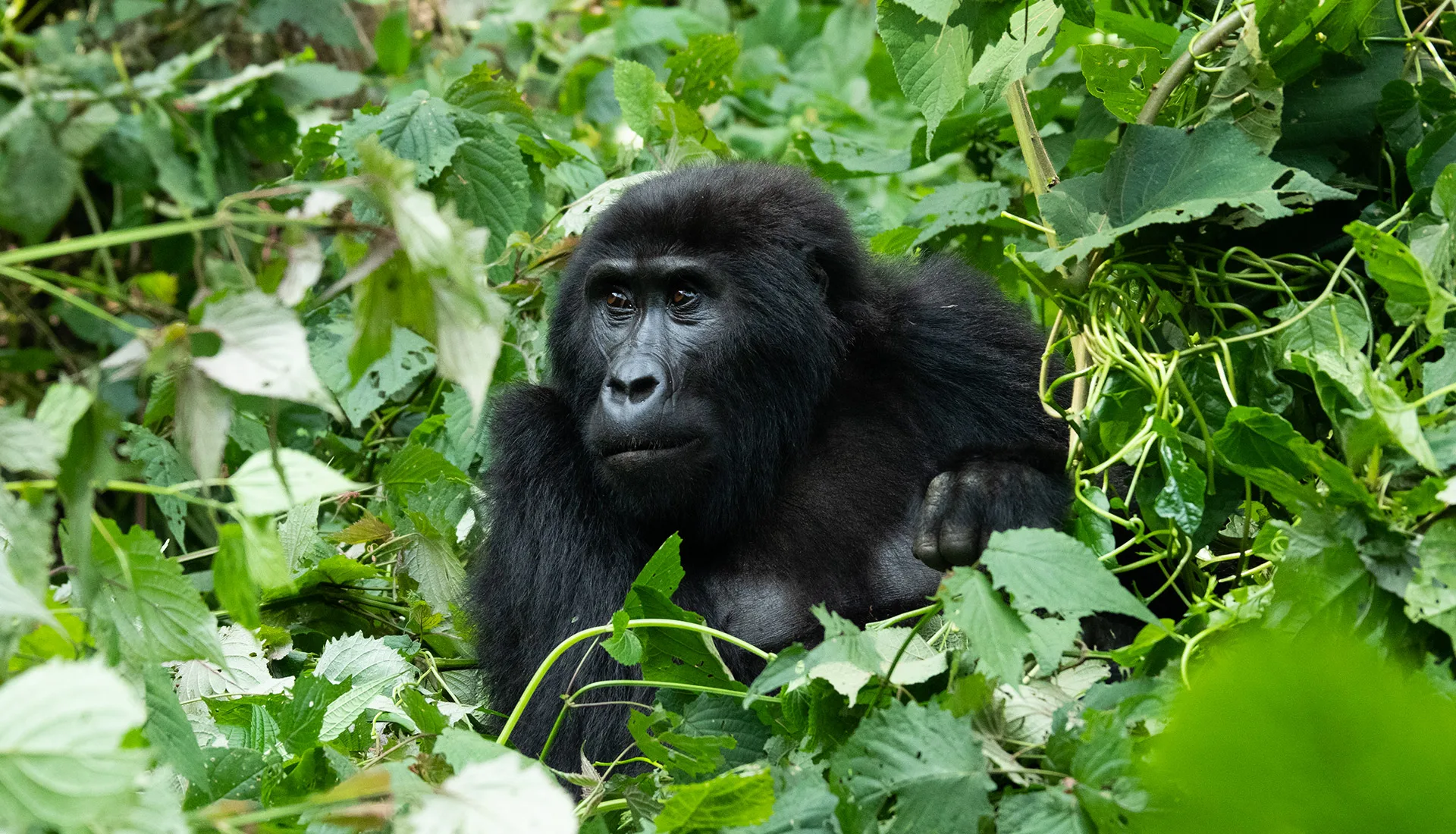Uganda Travel Guide - Uganda - The Pearl of Africa
Uganda, often called the “Pearl of Africa,” is rich in natural beauty, wildlife, and cultural diversity. Uganda Safaris is rather different from safari in most countries, in that it is primarily focused on forest rather than savannas, with primates including mountain gorillas and chimpanzees being top of the list. There are some savanna safari locations in between, but these are most definitely subsidiary to the main event.

1. Visa and Entry Requirements:
Check the visa requirements for your nationality before traveling to Uganda.
Ensure your passport is valid for at least six months before departure.
2. Best Time to Visit:
The dry seasons (December to February and June to September) are ideal for wildlife viewing and trekking.
Gorilla trekking is popular throughout the year, but it’s advisable to book permits well in advance.
3. Health and Safety:
Consult with a travel clinic for necessary vaccinations, including yellow fever.
Malaria is prevalent, so take prophylaxis and use mosquito repellent.
Drink bottled or purified water to avoid waterborne diseases.
4. Currency:
The Ugandan Shilling (UGX) is the official currency. Credit cards are accepted in major urban areas, but carrying some cash in rural areas is advisable.
5. Transportation:
Domestic flights are available for long distances, and there’s a well-developed road network.
Matatus (shared minivans) and buses are common for shorter distances.
Boda-bodas (motorcycle taxis) are popular for short trips within cities, but be cautious about safety.
6. National Parks and Wildlife:
Bwindi Impenetrable Forest and Mgahinga Gorilla National Parks: Famous for gorilla trekking experiences.
Queen Elizabeth National Park: Known for its diverse ecosystems and wildlife, including tree-climbing lions.
Murchison Falls National Park: Offers boat safaris, game drives, and a visit to the impressive Murchison Falls.
7. Gorilla Trekking:
Gorilla trekking is a must-do experience. Obtain permits in advance, and follow guidelines for ethical and responsible wildlife viewing.
8. Rwenzori Mountains:
For trekking enthusiasts, the Rwenzori Mountains offer challenging hikes with stunning landscapes.
9. Source of the Nile:
Visit Jinja to see the source of the Nile River and engage in activities like white-water rafting, bungee jumping, and boat trips.
10. Cultural Experiences:
Explore traditional cultures by visiting local communities.
Attend cultural events, festivals, and markets to experience the diverse ethnic groups in Uganda.
11. Kampala and Entebbe:
Explore the capital city, Kampala, for its vibrant markets, historical sites, and lively atmosphere.
Visit Entebbe for its botanical gardens and the Uganda Wildlife Education Centre.
12. Language and Communication:
English is the official language, and it’s widely spoken. However, learning a few basic phrases in local languages can enhance your experience.

